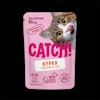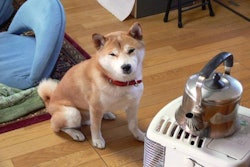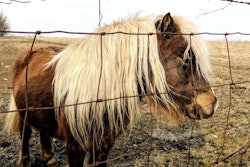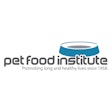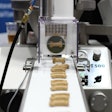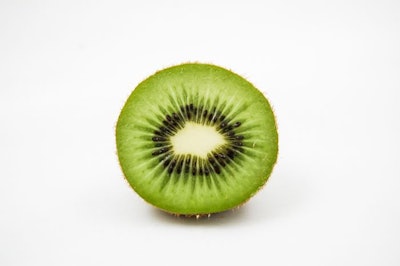
Scientists from the Jeonnam Agricultural Research and Extension Service in South Korea recently announced that they have developed two new pet food products derived primarily from locally grown plants that proved to be healthy ingredients for pet food.
The kiwifruit and the leaves of loquat trees are the primary ingredients in the new pet food to come out from the Jeonnam research facility. Scientists believe their plant-based formula will keep dogs healthy by alleviating their skin problems and boosting fur regeneration. Even just 0.2 % of kiwifruit content in pet food could relieve dogs' skin rashes, the lab said.
Originally called Chinese gooseberry, kiwifruits are rich in vitamin C, antioxidants, potassium, vitamin K, fiber and mineral copper, and contain no saturated fats. Loquats, or Japanese plums, are easy-to-grow trees native to Asia. This fruit is also chock-full of antioxidant properties and vitamins, but Jeonnam scientists are using only the leaves, possibly the extracts, for their kibble.
Because both organic ingredients are rich in fiber, the new pet foods are expected to make pets feel sated fast, thus helping prevent obesity.
The agency is still conducting necessary field tests before applying for patents by the end of 2020 to pave the way for a commercial rollout. At present, South Korea's booming pet market is dominated by global manufacturers like Mars and Purina, which collectively command 70% of the pet food market.
‘Corona blues’ and dog weight management
Meanwhile, South Korea's Rural Development Administration (RDA) recently issued a warning that household pets with little to no access to the outdoors due to the pandemic could suffer from “corona blues,” a form of depression that could lead to obesity and weakened muscles.
The RDA is urging pet owners to reduce the amount of food they give to their pets to manage their weight, especially if their residences are under repeated or extended lockdowns. The agency also advises pet owners to cut back on treats or opt for pet snacks that are rich in dietary fiber. Meeting 80% of the daily recommended energy consumption is good enough for healthy dogs, especially when they have no opportunity to exercise, the agency says.
